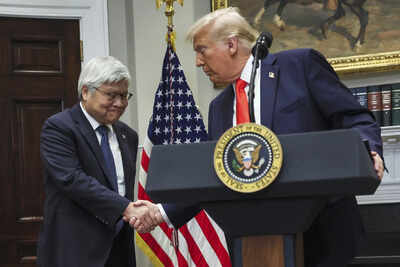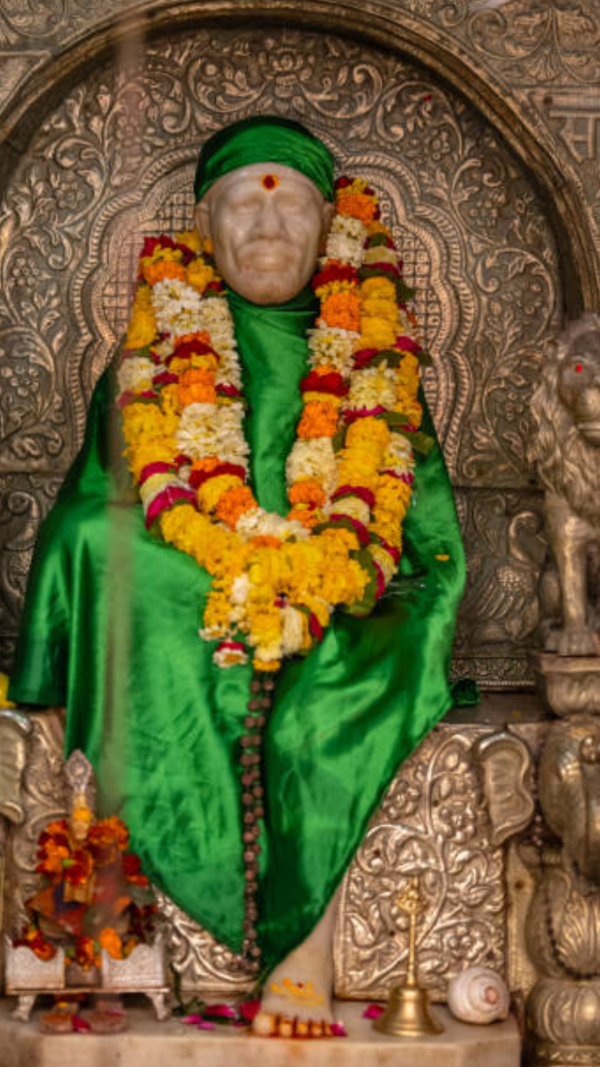- News
- Technology News
- Tech News
- Taiwan’s President on TSMC’s $100 billion US chip investment: The government did not …
Trending
Taiwan’s President on TSMC’s $100 billion US chip investment: The government did not …
Taiwan's President Lai Ching-te has defended TSMC's $100 billion investment in the US, asserting it was driven by business needs, not political pressure. TSMC will build three new manufacturing and two packaging facilities in Arizona, with the move not impacting Taiwan operations.
Taiwan's President Lai Ching-te has defended Taiwan Semiconductor Manufacturing Company's (TSMC) decision to invest $100 billion in the United States, insisting at a joint news conference that the move was driven by business necessity rather than political pressure from the Trump administration.
"TSMC's decision is necessary for its future development. The government did not face pressure from the United States during TSMC's investment process in the US," Lai said, addressing growing concerns among Taiwanese citizens that the island might lose a crucial economic and strategic asset.
TSMC is opening three manufacturing and two packaging facilities
TSMC, the world's largest chip manufacturer, announced Monday it would expand its Arizona operations with three additional manufacturing plants and two packaging facilities. The investment raises TSMC's total US commitment to $165 billion, more than doubling its previous pledges.
Why TSMC's investment in the US has sparked debate in Taiwan
TSMC CEO C.C. Wei reinforced the business-driven narrative, stating the decision came after extensive market analysis. "We have done a lot of analysis, and I've communicated with all our customers," Wei said. "It turns out that TSMC's current expansion plan in the United States is not enough to meet their demand."
Both leaders sought to reassure Taiwanese citizens that domestic operations would not suffer. Wei explicitly stated that production in Taiwan would not be negatively affected, noting the company currently employs 10,000 people researching advanced 1.0 nanometer chips in Taiwan.
The announcement has sparked debate in Taiwan, where the semiconductor industry is viewed as both an economic pillar and a strategic shield against potential Chinese aggression. Critics, including opposition legislator Wang Hung-wei, questioned what Taiwan had gained in return for allowing its advanced manufacturing to move overseas.
The expanded investment comes amid heightened US-Taiwan tensions, with President Trump previously criticizing Taiwan for having "stolen" the semiconductor business from American companies. Trump has also pressed Taiwan to increase its defense spending from the current 2.45% of GDP to as high as 10%, with Lai recently pledging to raise it above 3%.

About the Author
TOI Tech DeskEnd of Article
Latest Mobiles
FOLLOW US ON SOCIAL MEDIA








